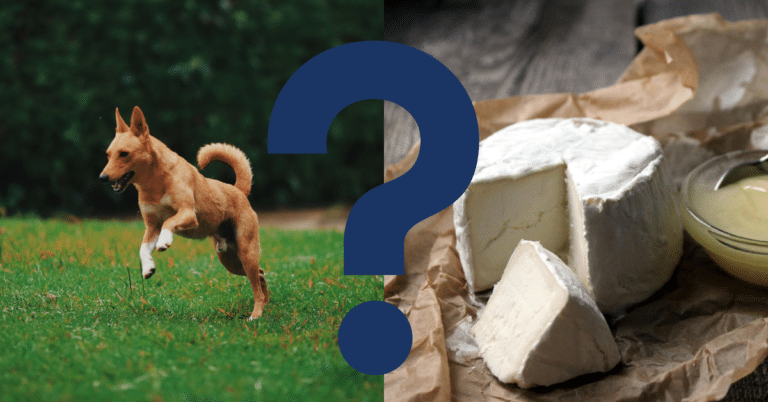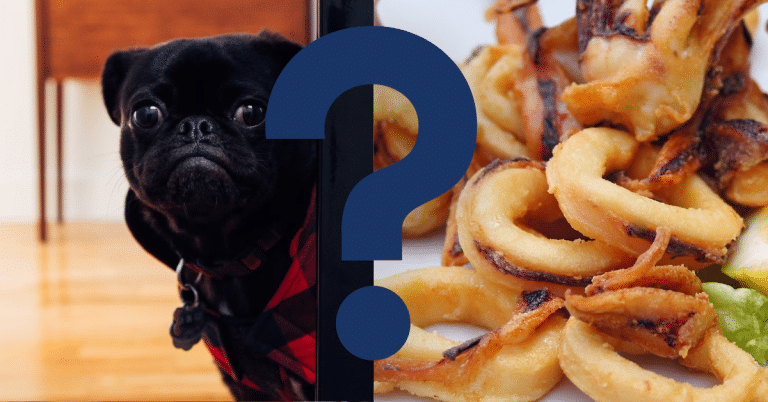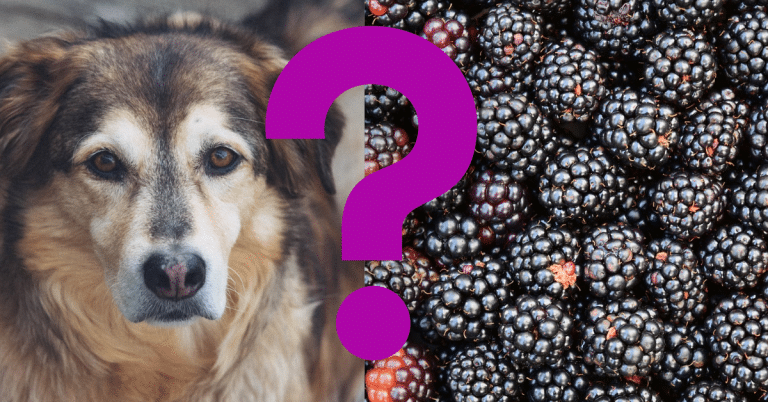Can Dogs Eat Sausages? A Vet’s Opinion

Sausages have high-fat content, but can you feed Sausages to your dog?
Dogs can consume sausage, but moderation and caution should be used. Sausages can contain unhealthy components such as spices, onions, garlic, or preservatives like nitrates or nitrites.
Benefits Of Sausages For Dogs
For dogs, sausages can be a good source of protein. Protein is necessary for keeping muscles strong and promoting average growth and development. Sausages should only be consumed in moderation and as part of a balanced diet because they are also frequently heavy in fat and salt.
- Sharing a tiny bit of sausage with your dog might be a method to deepen your relationship with your pet and create a bond—dogs like spending time with their owners since they are friendly creatures. Giving your pet a special treat like sausage can foster a good association and strengthen your relationship with them.
- High in protein: Dogs can get a lot of protein from sausages. Protein is necessary for keeping muscles strong and promoting average growth and development. Sausages should only be consumed in moderation and as part of a balanced diet because they are also frequently heavy in fat and salt.
- Increased energy: Due to their high calorie and fat content, sausages can give dogs a fast surge of energy during physical activity like lengthy walks or treks. However, it’s crucial to remember that consuming too much fat might result in obesity in dogs, which can lead to several health issues. So, even while sausages can be an excellent energy source for dogs, their consumption should still be limited.
- Potential hazards: It’s crucial to remember that while sausages can offer certain benefits to dogs, there are also some potential hazards. Many sausages include a lot of fat and salt, which can cause stomach problems, including vomiting or diarrhoea. Spices, onions, and garlic, which can be poisonous to dogs in large quantities, may also be present in some sausages. Ensuring that any sausages you feed your dog are bare and devoid of dangerous substances is crucial.
- The key is moderation: Moderation is essential when providing sausages to dogs, as with any treat or human food. Even while a tiny piece of plain sausage might be a pleasant reward for your pet, overeating can adversely affect their health. Only in moderation and as part of a balanced diet should sausages be given to your dog; they shouldn’t be a regular part of their diet. Before giving your dog new foods, it’s crucial to talk to your veterinarian about their nutritional requirements and any possible health risks.

How To Safely Give Sausages To Dogs?
The following advice can help you securely feed dogs sausages:
- Select the ideal sausages: Choose basic sausages devoid of unhealthy additives like seasonings, onions, garlic, and preservatives like nitrates or nitrites. Find sausages that are ideally made with high-quality meat and few additives.
- Cook the sausages: Raw or undercooked sausages may contain dangerous bacteria that will sicken your dog. Sausage should always be fully cooked before feeding it to your dog. Ensure they are well cooked, with no pink or natural areas in the middle.
- Large sausages can be a choking hazard for dogs, significantly smaller breeds. Therefore, cut the sausages into small pieces. Before giving the sausages to your dog, cut them into bite-sized pieces.
- Reduce the number of sausages: Given in excess, sausages can cause weight gain and other health issues because they are high in fat and calories. Give sausages to your dog sparingly and only as a special treat.
- After feeding, keep an eye on your dog. After giving your dog sausages, keep an eye on them to ensure they do not have any adverse reactions. Contact your vet immediately if your dog displays any symptoms of illness, such as vomiting or diarrhoea.
- Think about substitute goodies: You can give your dog a variety of wholesome and secure snacks instead of sausages. Some examples are fresh fruits and vegetables, cooked meat or seafood, and commercial dog treats prepared with premium ingredients.
Overall, sausages can be a pleasant treat for dogs, but it’s crucial to pick the right kind and prepare them correctly to protect your dog’s health and safety. It’s always a good idea to talk to your veterinarian about your dog’s dietary needs and any potential health risks before introducing any new food or treat.
Will Sausages Make A Dog Sick?
Dogs can become ill from sausages for a variety of reasons. One explanation is that dogs may experience digestive problems like diarrhoea or vomit from eating sausages, which are frequently high in fat and salt and may do so when given in large quantities. Dogs’ digestive systems differ from those of humans, making it more difficult for them to metabolize diets that are heavy in fat and salt. Because some sausages contain unhealthy elements like spices, onions, or garlic, they can also make dogs ill. Large doses of these components can be hazardous to dogs and result in various health issues, such as anaemia, vomiting, and diarrhoea. Also, sure sausages could include nitrates or nitrites, which can be toxic to dogs in big doses.
It’s crucial to remember that not all sausages are made equal, and some might be worse for dogs than others. If you decide to feed your dog sausages, ensure they are plain and include no dangerous substances. Additionally, it would help if you only served sausages to your dog sparingly and as a component of a well-balanced diet. It’s crucial to call your veterinarian as soon as your dog displays any symptoms of illness following a sausage meal, such as vomiting, diarrhoea, or sedentary behaviour.
Most sausages include a lot of sodium, which can cause dogs to get dehydrated and develop kidney issues. Dogs need moderate salt in their diet, but too much sodium can be dangerous, particularly if your dog already has a health issue like heart disease or kidney illness. Dogs who consume sausages may be at an increased risk for pancreatitis, an inflammatory illness that impairs pancreatic function. This can be extremely dangerous to dogs’ health because it can result in stomach pain, vomiting, diarrhoea, and loss of appetite.
Sausages can be a choking threat for dogs, mainly if they are huge or if your dog is a small breed. It can be fatal if a piece of sausage becomes stuck in your dog’s throat since it will make breathing difficult. Dogs allergic to certain foods, such as pig, beef, or wheat, may experience an allergic reaction to sausages. Itching, swelling, hives, and breathing difficulties are some more severe allergic reaction symptoms.
Although dogs may like sausages as a delightful treat, their consumption should be limited. It’s crucial to choose simple sausages devoid of dangerous substances and to only serve them sometimes as a treat. It’s always a good idea to talk to your veterinarian about your dog’s dietary needs and any potential health risks before introducing any new food or treat.

Vet’s Summary
In conclusion, sausages can be a pleasant treat for dogs, but they must only be given sparingly and carefully. Your dog’s health and safety can be improved by selecting basic sausages devoid of dangerous substances, cooking them thoroughly, chopping them into little pieces, and limiting the amount offered. After giving your dog sausages, watching them closely and thinking of healthier and safer alternatives is essential.
Feeding sausages that are heavy in fat and poor in nutrition can upset your dog’s gut’s average bacterial balance, which is relevant to dog probiotics. Digestion troubles and other health concerns may result from this. However, providing your dog with a diet high in probiotics, such as fermented foods or supplements, can aid in promoting the development of healthy gut bacteria and enhance your dog’s general health and well-being. Before introducing probiotics or any new food or treat to your dog’s diet, discussing your dog’s dietary requirements and any potential health risks with your veterinarian is always a good idea.
Videos To Watch
Here is a video link of everything you need to know about dogs eating sausages:






